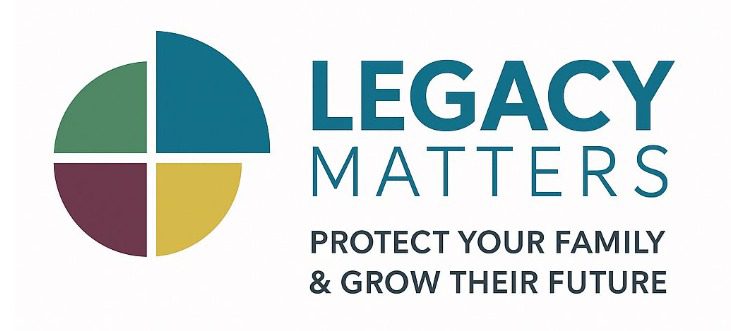When something is given away, but the person making the gift still retains the use of it, it is known as a gift with reservation of benefit (GROB)
A GROB commonly occurs when parents give their property to their children but continue to live there. While the property legally belongs to the children, because a benefit was retained it will be included in Inheritance Tax calculations on the parent’s estate.
The legal definition of a GROB
A gift is subject to a reservation of benefit, if either of the following occurs in the seven years prior to the death of the person who made the gift:
i) The person receiving the gift did not take possession of it or use it at the beginning of the seven-year period; or
ii) There was a period during the seven years when the property was not used by the person who received it as a gift to the entire exclusion or virtually the entire exclusion of the person who gifted it.
The gift does not have to be property, it can be another valuable asset such as a piece of art or jewellery.
Exceptions to the rule in respect of Inheritance Tax
There are a number of exceptions, including the following:
- If you pay a full market rent under a proper lease or tenancy agreement for the property after giving it away;
- If the benefit is very small, such as an occasional visit to a holiday home;
- If you gift a property that you have inherited as soon as it is transferred to you, even if you retain a benefit in it. The transfer must be done by Deed of Variation.
If you wish to make a gift but retain a benefit in it, it is recommended that you seek legal advice because of the implications of doing this.

Potentially exempt transfers
If after giving away the property, you later also give up the benefit you have retained, at that point the gift becomes a potentially exempt transfer for Inheritance Tax purposes. This means that if you live for at least another seven years after giving up the benefit, Inheritance Tax will not be charged.
If you should die within the seven-year period, Inheritance Tax is payable on a sliding scale, with a higher amount payable during the first years, diminishing over time.
Tax planning
Giving property and other assets away in order to try and avoid paying Inheritance Tax or other charges can be fraught with risk. As well as the likelihood that Inheritance Tax will still be payable, the person gifting the property must be aware that they may lose a benefit on which they are relying.
For example, if a child goes through a divorce, they may be required to sell the property when their assets are divided. If the gift is made to try and avoid care home fees, it may be classed as a deliberate deprivation of assets and the local authority may be able to set aside the transfer and require payment of care home fees in any event.
Book Your Free Will Review
To learn more, book a free call with one of our experts to see how we can help you protect your business.
From our Cambridge office, in your own home or online, we’re ready to help you in the way that is best for you.


0 Comments